Search

News & Events
Co-ordinated approach urgently required to slow progression of antibiotic resistanceAboriginal mum and child
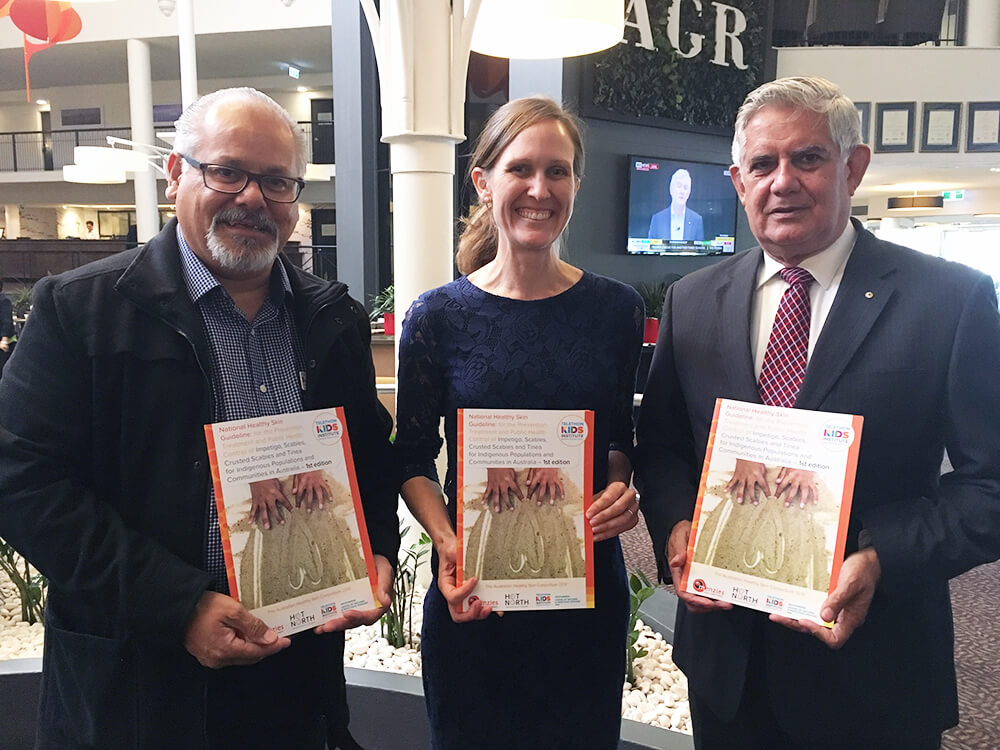
News & Events
National guideline to tackle record rates of skin infectionResearchers have developed the first National Healthy Skin Guideline to address record rates of skin infections in Australia’s Indigenous communities.
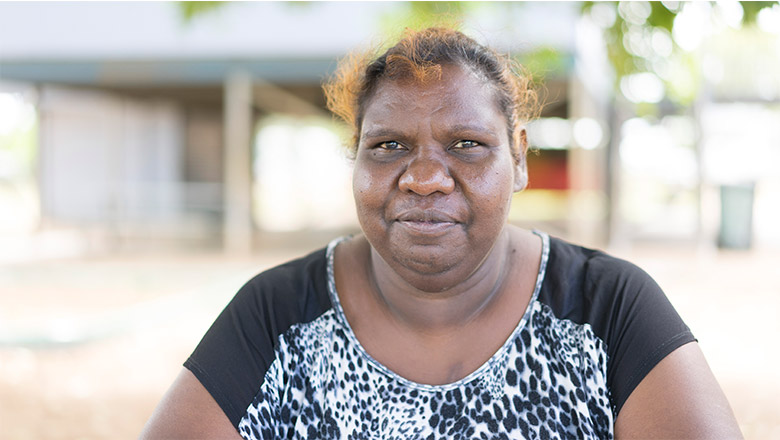
News & Events
New grant to upskill local Aboriginal women as community health researchersAboriginal women in Western Australia's Kimberley region will be become qualified as community health researchers thanks to a grant awarded to The Kids.
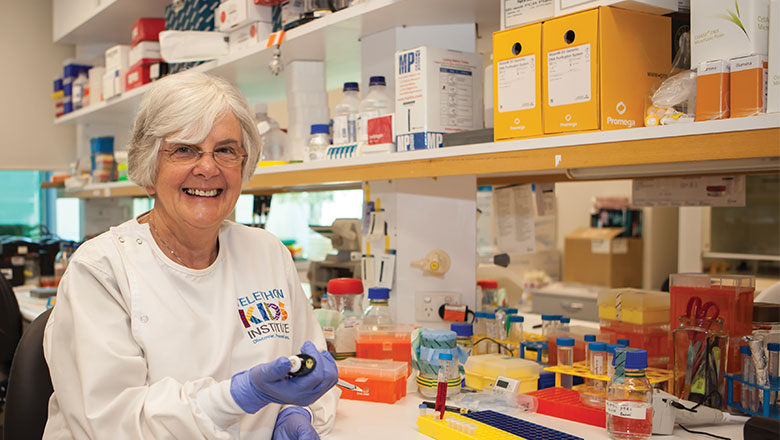
News & Events
A new approach for research with Aboriginal communitiesWinning the support of a remote Aboriginal community paved the way for a pioneering genetics study.
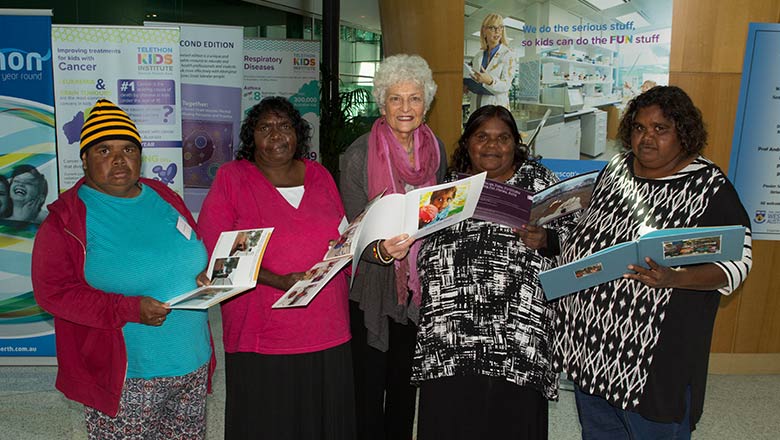
News & Events
Boosting literacy in Aboriginal kidsAn NHMRC grant to develop a program to improve school outcomes in the Ngaanyatjarra lands has helped create books reflecting Aboriginal experiences.
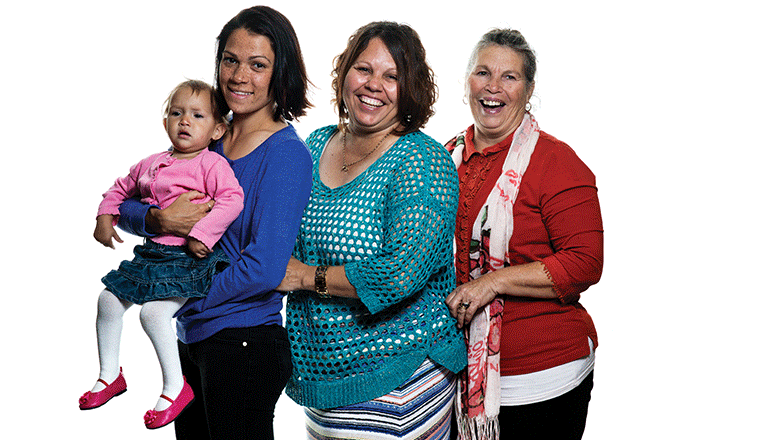
News & Events
Urgent need to reduce preventable deaths in Aboriginal MumsA study by researchers at The Kids Research Institute Australia has found Aboriginal mothers are at a significantly greater risk of preventable death than other Australia
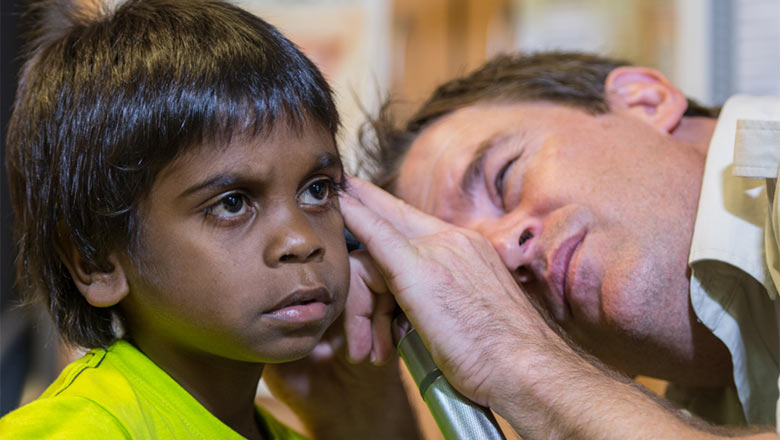
News & Events
National FASD diagnostic tool to improve outcomes for kidsAustralia's first national diagnostic tool for Fetal Alcohol Spectrum Disorder (FASD) has been developed by researchers at The Kids Research Institute Australia and the U
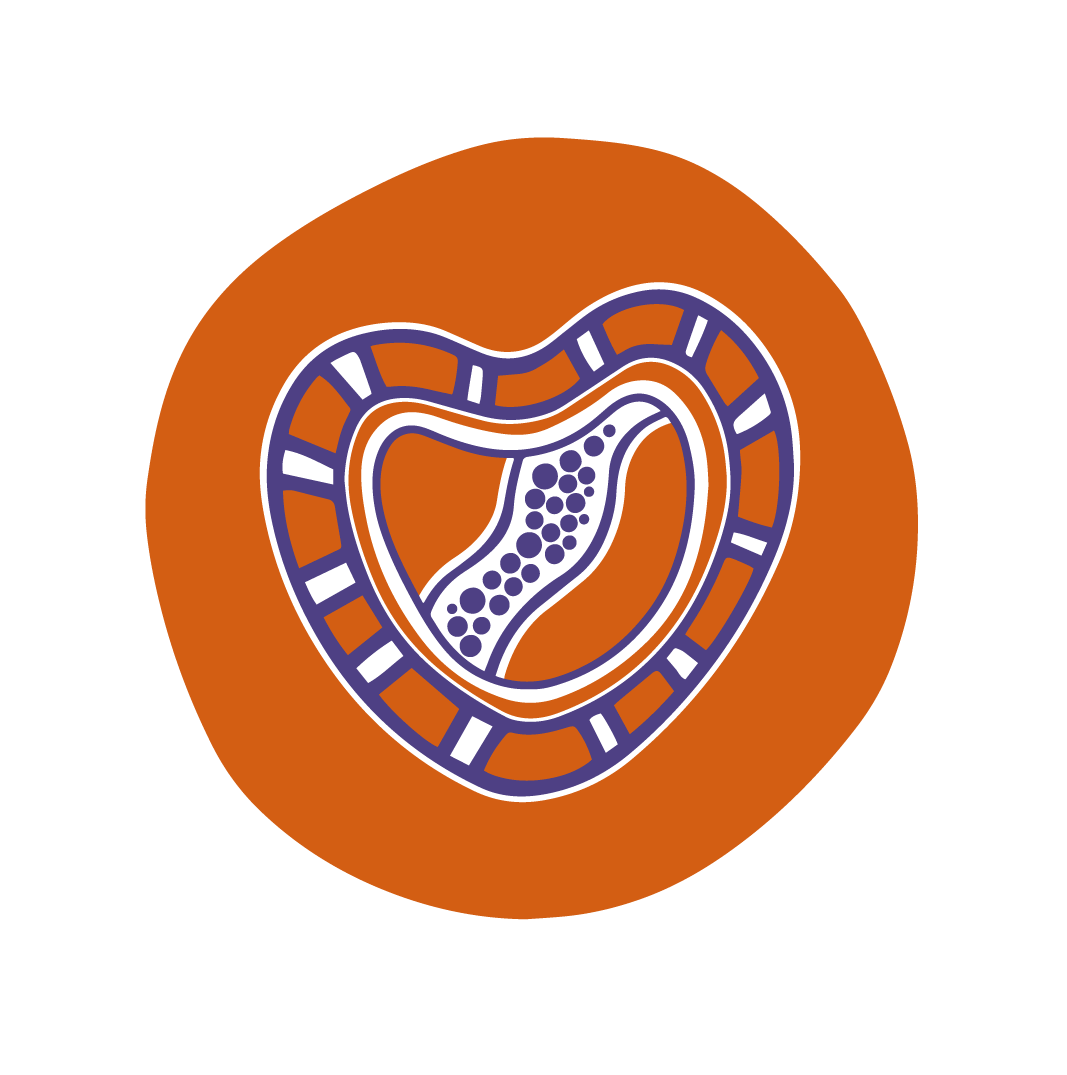
News & Events
New coalition to end rheumatic heart disease once and for allSix leading health organisations have joined a new coalition to end rheumatic heart disease in Australia, disproportionately affecting Indigenous Australians.
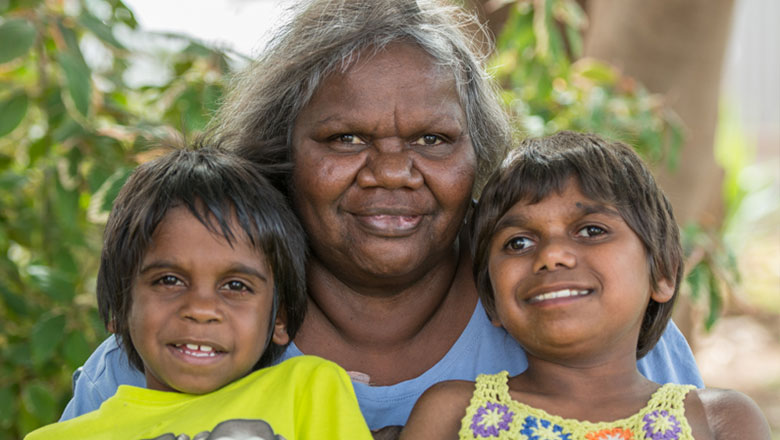
News & Events
EVENT: Aboriginal Health ForumFollowing our highly successful Open Space Forums in 2014, The Kids warmly invites you to our next forum on Aboriginal Health.
News & Events
Warburton Community book launchThe Kids Research Institute Australia Founding Director Professor Fiona Stanley will help launch a series of children's books on Monday, written by local Aboriginal people
